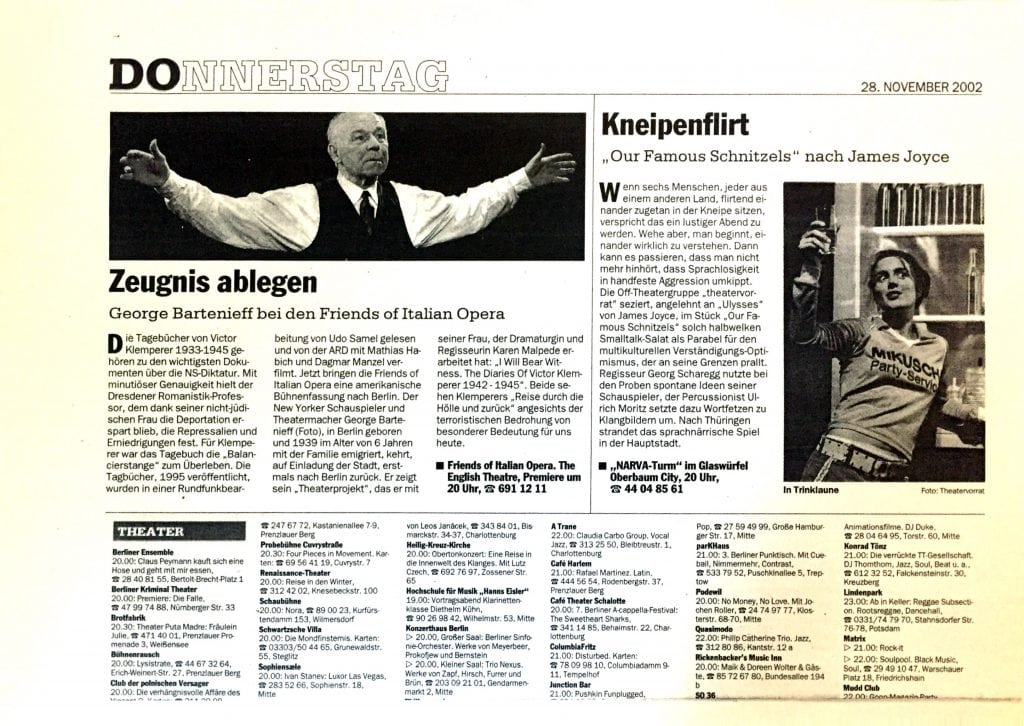
He walked the streets of Dresden with a strange kind of relative immunity, but he also walked them as a Jew and, most importantly, as a man equipped with discerning eyes, ears and intellect. Because he had converted to Protestantism and was married to a woman who was considered an "Aryan" - and because he had served on the front lines in WWI - Klemperer was treated marginally better than others classified as Jews "by law" or "by descent." In fact, it was this strange confluence of factors that forced Klemperer to endure the indignities of "living without rights" as a Jew in Hitler's Germany while at the same time allowing him narrowly to escape being sent to a concentration camp.

After the war, in 1920, he became a professor of Romance languages and literature at Dresden Technical University, but was dismissed in 1935 for being a Jew. The words "God is my witness" never made more sense.Ī rabbi's son who would later convert to Protestantism, Klemperer fought for Germany in World War I. But when you read the unflinching testimony in Klemperer's diary, and you work out the details of Klemperer's life that placed him so perfectly, and ultimately untouchably, at the center of the Third Reich, you can't help but feel divine grace quietly but firmly asserting itself.

That doctrine has made little sense to many of us, and given even less comfort. "What deity," they ask, "could countenance such horrors in impotent silence?" The faithful have always replied that God is present precisely at the center of atrocity, but, for the sake of human free will, does nothing.

For most atheists, the Holocaust belies divine providence. Though Victor Klemperer lived through the bleakest, most godless moments of the 20th century, when you contemplate his life and work, it's hard not to believe in God.


 0 kommentar(er)
0 kommentar(er)
